June 5: Honey, it already did
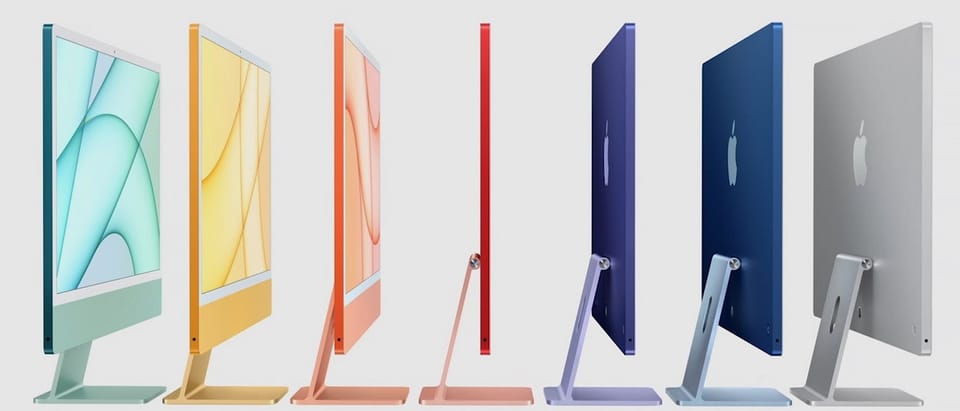
Are you feeling nervous? Are you having fun? It’s almost over, it’s just begun. Don’t overthink this, look in my eye, don’t be scared, don’t be shy, come on in, the water’s fine.
- Bo Burnham
It has not been a great week over here at The Crossover Appeal. The intensity of the ol' 9-5 job has ramped up and most of the week has been spent tamping down the rising panic between bouts of dissociating to endless social media feeds. And so I've been thinking about rest, why it's so hard to achieve. And I've been thinking about rest's weirdo cousin, the vibe.
A vibe is a tone, a texture, a warp and a woof - it's an emergent quality that a thing might have, undetectable until you hit play. The thing about a vibe is that when you interact with something that has it, suddenly you have it too. You've achieved some kind of co-location, the vibe has been imparted to you. And so you ride it, maybe a little bleary, maybe a little stoned, maybe a little awed.
A vibe is the feeling you have when for a few moments you no longer feel the weight of your own conscious life. The executive functioning shuts up, for once, and you coast along on someone else's power. When Jesus said, come follow me for my yoke is easy and my burden is light, he was saying, it's a vibe.
I want to share a poem with you. It's by James Wright and it is called "Lying in a Hammock at William Duffy's Farm in Pine Island, Minnesota".
Over my head, I see the bronze butterfly,
Asleep on the black trunk,
Blowing like a leaf in green shadow.
Down the ravine behind the empty house,
The cowbells follow one another Into the distances of the afternoon.
To my right,
In a field of sunlight between two pines,
The droppings of last year's horses
Blaze up into golden stones.
I lean back, as the evening darkens and comes on.
A chicken hawk floats over, looking for a home.
I have wasted my life.
And that's the trouble with a vibe - I don’t always find a good way to exit one. One minute, you're smelling lilacs and watching a bird in flight, or maybe your scrolling a feed, playing in the intersections of memes and in-jokes. And then the next minute, crash, it's over and in the clearest words possible you think "I am alone and am not anything important."
Unless when you return to earth and your vibe expends itself you do so in the company of someone else, someone who loves you and to whom you belong, at least in a piecemeal way. Or maybe the vibe transforms somehow into a broader connectedness - it hasn't been dissociation, it's been rest after all, and you didn't disappear into the waves only to come up gasping and strained. Instead, you simply closed your eyes, went somewhere else, and timed the exit right, refreshed.
Watch: INSIDE, Netflix
Bo Burnham, like the rest of us, has had a rough year. Over the course of the pandemic he's been working on this project, a new Netflix comedy special that takes more cues from experimental documentary than your average stand-up set. Self-referential and reflexive without being confessional, Inside subjects the disjointed fragmentation of life in isolation to a painful, downward arcing structure of mental illness and moral exhaustion born of constant autocritique.
Don't get me wrong - Inside is funny. Really funny. And even more surprising, the music Burnham puts out in this special is super well-crafted. There are upbeat, sarcastic pop tunes alongside synthy alt-R&B tracks that would feel home on the most recent Joji record. The music, like everything else about the special, does a lot with a little, taking the confinement of pandemic and turning it into a generative set of prompts and challenges which, in the end, turns out a sound that transcends the comedic and becomes something altogether sad and kind of beautiful.
And that's because Burnham's growing mastery of his craft supports this project's ultimate goal: a focused exploration of the constriction of our worlds and the reciprocal expansion of our anxious, depressed selves. The early sketches in Inside extend Burnham's typical brand of absurdist, self-deprecating humor, making fun of his own ambitions as a nice, liberal white guy before using a sock puppet to explain the way Capitalism exploits workers by design. But there is a steady move throughout Inside toward dissolution into his own bitter isolation. It ends with a keen awareness of all the things gone wrong and a desperate misery at his own impotence to make things better, an impotence we see him become more and more convinced of over time as the special comes up with ways to stage Burnham bearing witness to his own failures.
It's a lot. And it may be that my recommendation makes it sound a little insufferable, but I promise, it isn't. Or at least I don't think it is. Inside is cathartic, sly, and a little brutal. Make sure you watch it before the content machine chops it all up for memes.
Listen: Blue Weekend by Wolf Alice
This is the third full length record from British rock band, Wolf Alice, a much buzzed-about group whose 2015 debut album, My Love Is Cool, included breakout singles like "Bros" and "You're A Germ". They were the kind of singles you'd here at critical points of indie dramas and read about on end-of-the-year lists by NME. On this newest record, Wolf Alice has really begun to flex their impressive songwriting skills, turning out songs that range in influences from 70s pop rock to 80s punk to 00s shoegaze, all along maintaining their signature sound, anchored as it is in Ellie Roswell's blistering vocal performance. She howls, croons, whispers, and snarls across all eleven tracks, adapting her delivery to the band's stunning diversity in tone and structure.
The middle of the album is the best showcase for Wolf Alice's flexibility. "How Can I Make It OK?" kicks off with soft, synthy leads and a Phil Collins beat that set up an ethereal vocal line, pleading through Roswell's upper register before crashing down into a bassline and second verse that might as well have jumped off a Fleetwood Mac record. Then, "Play the Greatest Hits" roars to life with a grungy, thrashy riff and sing-shouted vocals that unfurl into beastial screams. The sequence closes out with "Feeling Myself", a low-key and murky track bit of kink that sounds like what would happen if you threw Natalie Imbruglia onto a Deafheaven b-side. This album is pure ear candy and I worry it's going to fly under the radar of too many people. Give it the ol' start-to-finish and soak Blue Weekend in.
Look: The New iMac and Tech as Interior Design
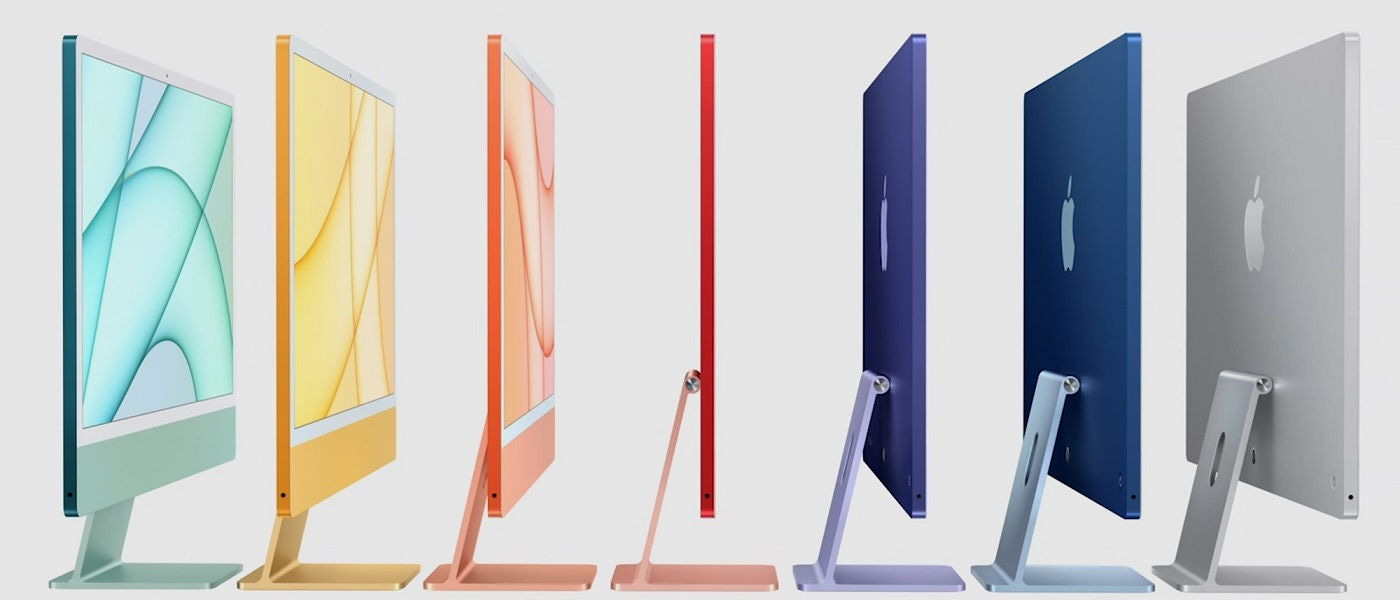
A couple months ago, Apple announced a redesign of their iconic desktop computer line, the iMac. If you spend any time reading or watching tech folks talk about these new iMacs online, you're likely to find the redesign is a bit controversial. They come in a vibrant array of colors, hearkening back to the friendly face of the first iMacs back in the 90s that set Apple totally apart from the beige boxes of their PC competitors. The new ones are also impossibly thin - an entire computer crammed into a space barely thicker than a first generation iPad. They're also, as you'd expect, fairly pricey - the version most people seem to be recommending starts at $1500.
I'm not writing about this here to recommend you buy one necessarily. More because I want to recommend a a thought experiment involving the spaces we live in and the objects we fill it with. I've always been interested in consumer tech - my family was a relatively early adopter of both home computers and Internet access and I've spent most of my adult life writing and researching video games. In these spaces Apple often receives a hefty amount of criticism, some of which is well deserved, that fits more or less into the framework of "all style, little substance." That is, critics would always complain that buying an Apple product meant a preference for the superficial, the skin-deep. You could get more "bang for the buck" by purchasing something less flashy.
What I'd like to suggest is that these new iMacs are one of the clearest recent examples of consumer technology rejecting the notion that our hardware can be best understood as a spec sheet. The new iMac is proudly a product of interior design - it is engineering in the service of your living space and how it fits as a physical object in your office, your living room, or even your kitchen. Of course, the design language here is very white, middle class, and educated - I don't mean to make the case for Apple's approach specifically. What I want to suggest is that it is a good thing for our tech products to conform to our broader aesthetic preferences. There are many ways to be thoughtful about the presence of consumer technology in our lives, and while this is far from the most important, it's still a consideration I'm happy to see being foregrounded again.
Listen: Voices 2 by Max Richter
Another week, another spooky and atmospheric instrumental album for you to check out. Max Richter, whose work you might now from the soundtracks for Shutter Island, Waltz with Bashir, and Jiro Dreams of Sushi, is an absolute master of aural scene setting. Listening to Richter's work I feel instantly transported, often to somewhere barren, alien, and beautiful. Voices 2 accomplishes this effect with slow, ambient compositions that work to create huge fantastic spaces while still enclosing you with dark, warm sound. Take "Follower", for instance, a track whose ebb and flow repetitions bring to mind some of Phillip Glass's best work and are the aural equivalent of being rocked to sleep by the waves lapping against your ghost ship's portside. The instruments on this album feel less like performances and more like companions, holding your hand and leading you slowly, but urgently, to your next dream. The cello, for instance, on "Little Requiems" draws out each note like the night's last kiss, and "Psychogeography" unfurls its choral voice so softly you'll wonder if human breath was involved in its production at all. Voices 2 is a beautiful meditation well worth sinking into on one of these warm early summer evenings.
Gratitude and affection to you all. Thanks for reading - enjoy the sunshine if you have it and the summer heat if you feel it.
Jordan Cassidy

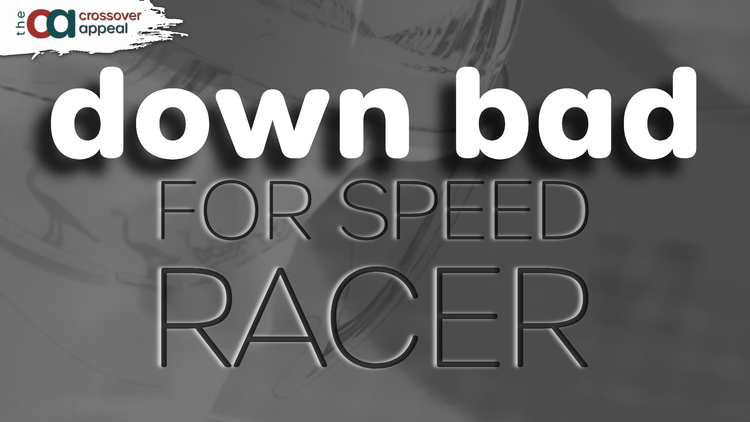
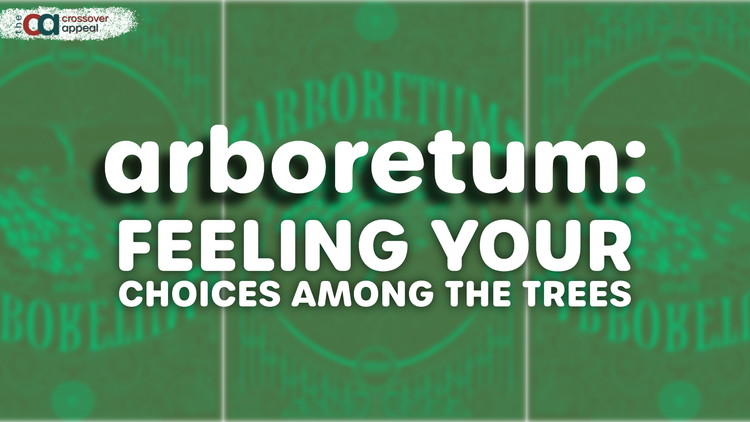
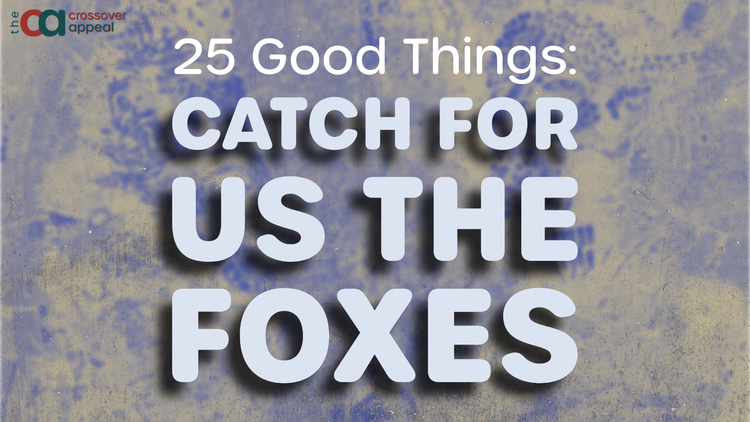
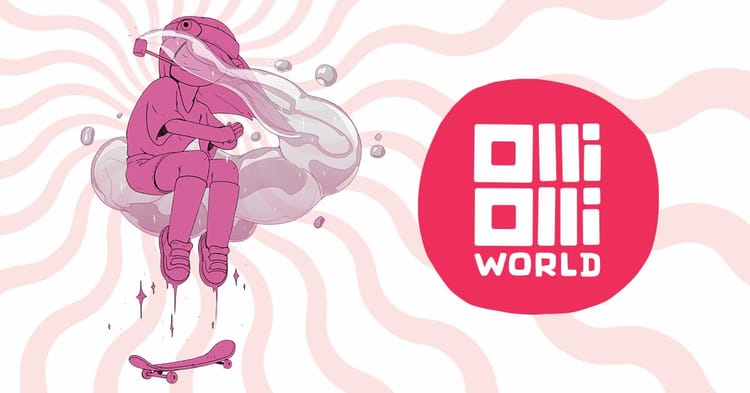
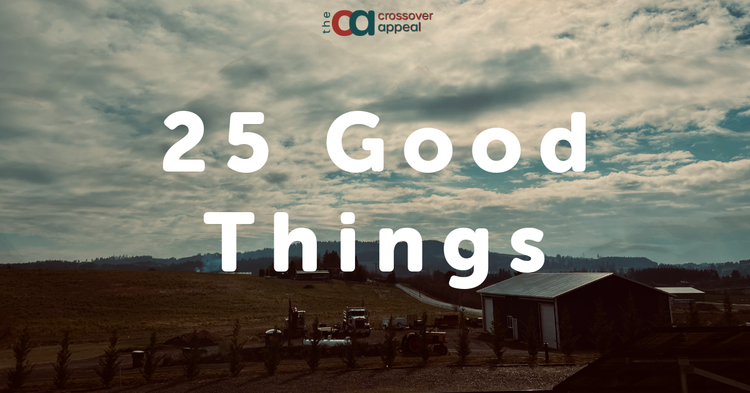
Member discussion